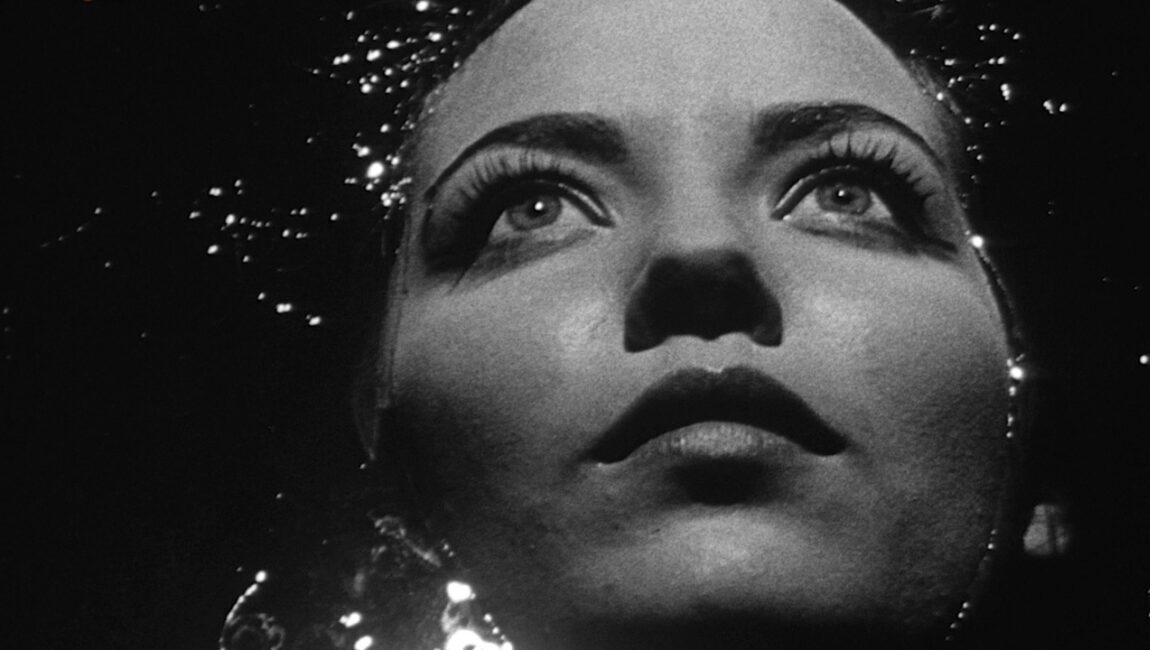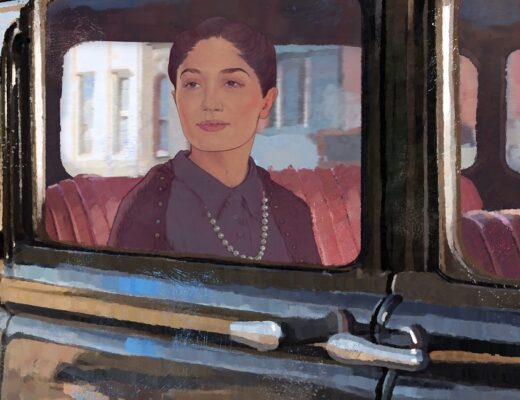Nomadland‘s delicate attention to storytelling tradition unfortunately gives way to conventionality in the film’s back half, displacing its early promise.
Having just taken the top prize at this year’s Venice Film Festival, Nomadland begins its journey towards Oscar gold. That’s admittedly a flip assessment of a film that takes to the fringes of American life: Adapted from Jessica Bruder’s non-fiction work of the same name, the film surveys a demographic of older American workers who hit the road after their lives were decimated by the 2008 recession, though it focuses mainly on Fern, a tenacious, sixty-something widow and lifelong worker played by Frances McDormand. But pointing out Nomadland’s awards-season aspirations — after its fall-festival run, it will be distributed by Searchlight Pictures in December — is at least one way of accounting for its diffuse, rather incoherent vision, which is all the more unexpected given the assured, parable-like simplicity of director Chloé Zhao’s previous film, The Rider. Here, McDormand’s Fern partakes in what we are reminded is a long tradition of American itinerants and drifters — a tradition that the film rightly questions, observing her stubborn, at times individualistic pride alongside the allure of the open road. But with its clumsy dramatic embellishments (a pro forma love interest) and kitschy, faux-lyrical interludes (aided and abetted by DP Joshua James Richards and composer Ludovico Einaudi), Nomadland is a reminder that ambivalence is not at all the same thing as complexity, and that in avoiding one tired convention, one might simply end up indulging in another.
To the extent that the film succeeds, it is due to Zhao’s attention to oral storytelling traditions, which have informed all of her directorial work thus far. Across the film, there’s a keen attention to the spoken word, and for a time, Nomadland even looks as if it might play out as a series of swapped stories and covert confessions, a set of tales told by the fire. (As one man opines to Fern, a good way to know a place is through AA meetings.) Likewise, though Fern is no on-the-road Kerouac figure, she nonetheless displays an affection for poetry, which in the film’s most successful scene, she passes on to a young, lovelorn, Wisconsin-born drifter. That Zhao eventually pivots away from this glancing raconteur’s approach is no fault in itself. That she does so by developing a would-be romance between Fern and fellow nomad David (David Strathairn), thereby creating a conventional conflict between domestic companionship and itinerant solitude, is more cause for concern. The issue, though, is not so much what Fern eventually decides, as that the film so inelegantly tries to force a decision to begin with. A closing card dedicates Nomadland to “the ones who had to depart,” so it’s a bit odd that the film’s sense of urgency seems to dissipate as it unfolds. By the end, even Fern’s decision seems not to matter much, leaving one to wonder instead about those for whom the life-or-death necessity of taking to the road is really no choice at all.
Originally published as part of TIFF 2020 — Dispatch 1.







